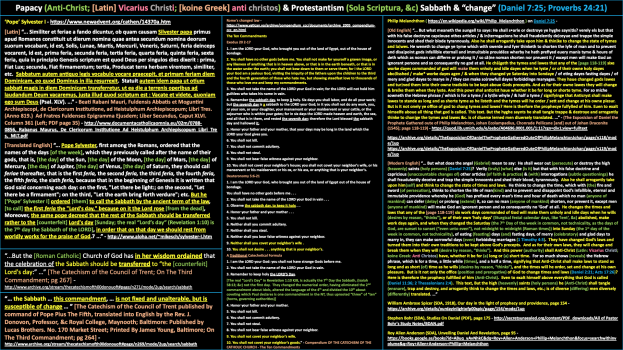RedFan
Well-Known Member
Establishment of Sunday as the Lord's Day has a fairly early and extensive pedigree -- and none of it from Rome.But as you can see, it was from pagan origin, not faithful or original teaching to say the least..
Nearly two centuries before Constantine legislated it into an official day of rest, chapter 67 of Justin Martyr's First Apology suggests that Sunday worship had taken root. Chapter 15 of the Epistle of Barnabas is even earlier than Justin Martyr, stating "Wherefore, also, we keep the eighth day with joyfulness, the day also on which Jesus rose again from the dead. And when He had manifested Himself, He ascended into the heavens." Around the same time we have chapter 9 of Ignatius's Letter to the Magnesians, stating "If, therefore, those who were brought up in the ancient order of things have come to the possession of a new hope, no longer observing the Sabbath, but living in the observance of the Lord's Day, on which also our life has sprung up again by Him and by His death." And the Didache, perhaps the earliest of all, states in Chapter 14 "But every Lord's day gather yourselves together, and break bread, and give thanksgiving after having confessed your transgressions, that your sacrifice may be pure."
This doesn't make the switch from Saturday to Sunday proper, even if de riguer. I won't argue against it being a tradition of man. But I WILL argue against it being traceable to the papacy, if that is what you are suggesting. "Pagan" origin? I'm not seeing that either.


